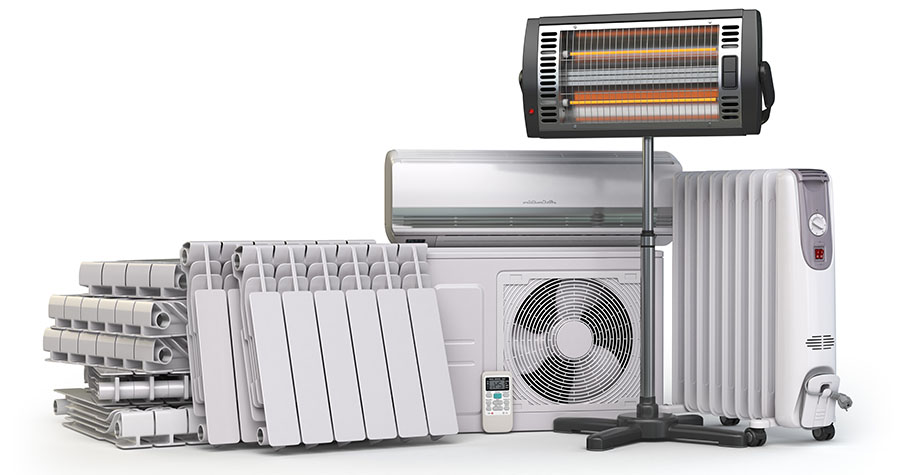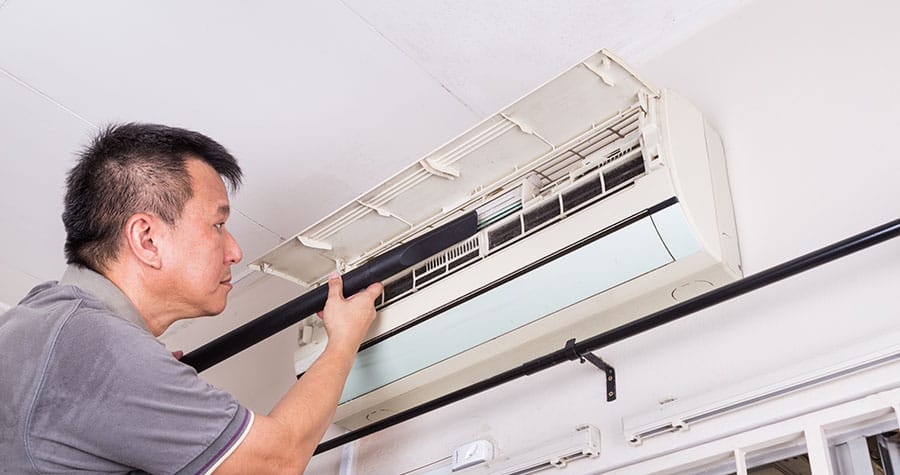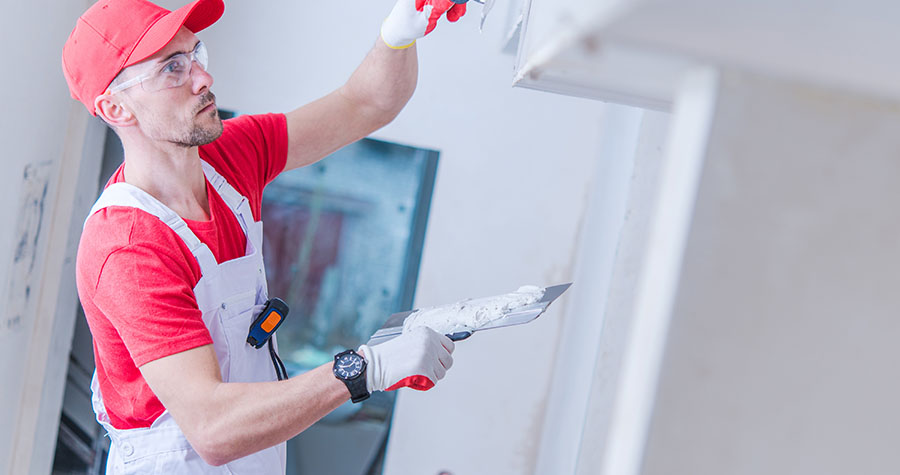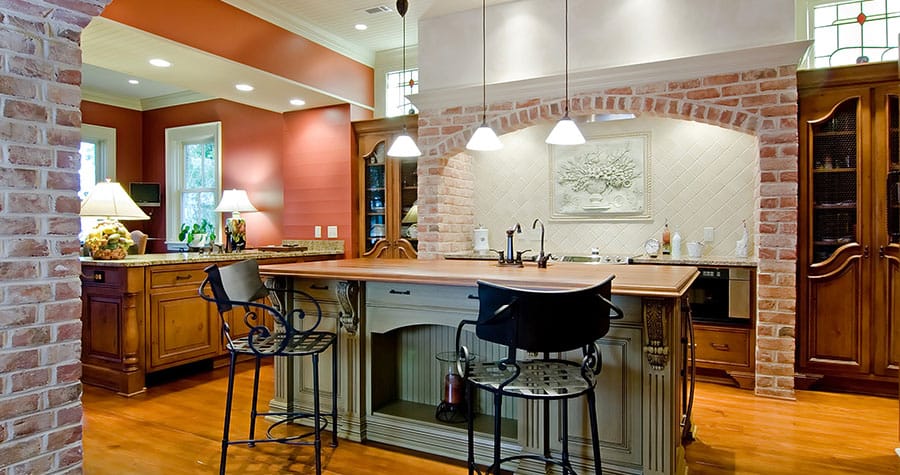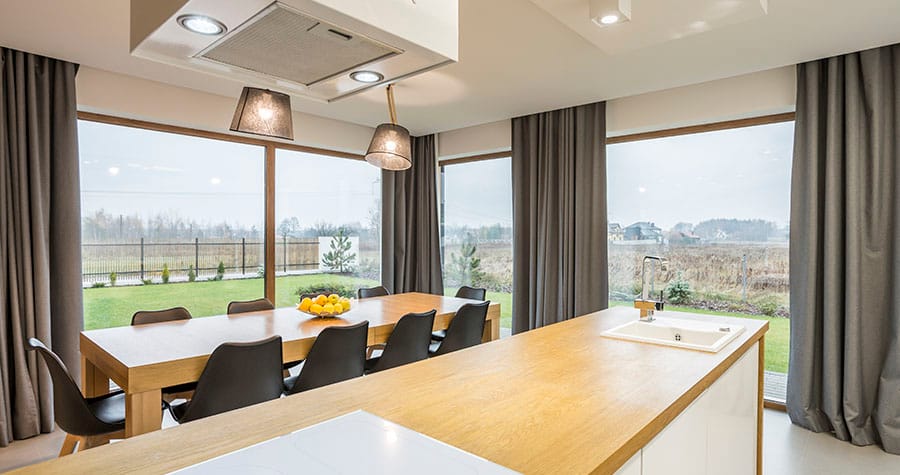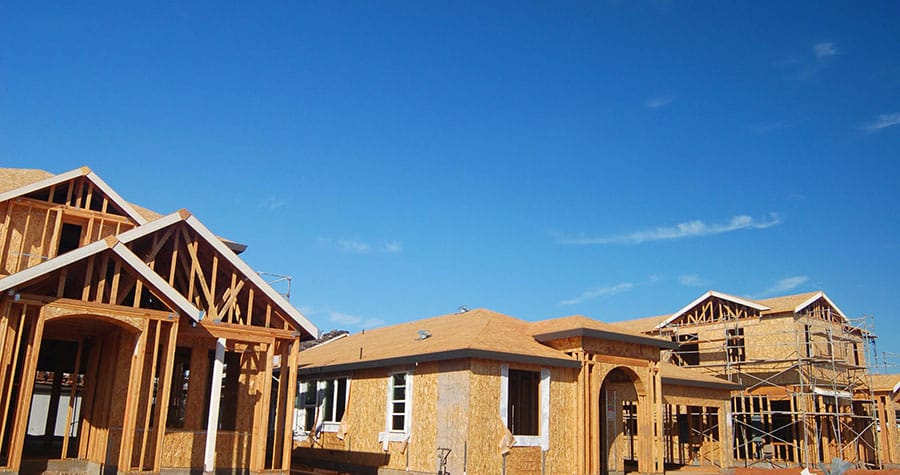A capacitor is amongst the most essential components of an air conditioning system. It is designed to stabilize the voltage and is attached to the blower motor, compressor motor, and the outdoor fan. If it goes bad, the performance of your unit will suddenly decline and you may need HVAC repair services. So, let’s take a look into what happens when an AC capacitor goes bad.
What Are The Signs Of A Faulty Air Conditioner Capacitor?
If an AC capacitor of your air conditioning unit is faulty, the unit will struggle to perform. As mentioned earlier, the purpose of the capacitors is to supply power to the important components of the unit. With that said, if the capacitor happens to be faulty, the unit will not blow cool air. In this situation, you can try turning your unit on and off again to see if the problem resolves. Otherwise, you are going to need the help of a professional.
In addition to the air conditioning system failing to perform, your monthly electricity bills will increase as well. This is because the unit will struggle to keep up with the cooling and utilize more electricity during the process indicating the fact that the capacitor is faulty. Therefore, if you notice that your monthly energy bills are increasing all of a sudden, the capacitor might be amongst several culprits to blame.
Furthermore, air conditioners tend to be noiseless machines. They will hardly make any sound unless you notice it. However, if your air conditioner is making a clanking or humming sound, it means there is a faulty capacitor that is failing to work. As a result, you will need to replace or repair the capacitor.
At the same time, the age of the air conditioner has a lot to do with how its components perform. If you own a decades-old unit, the chances of capacitors malfunctioning are a lot more than a new unit. It might be that the air conditioner is turning on and off on its own.
Another sign of a capacitor malfunctioning is that your air conditioner will take some time to turn on and cool the area. If it is working perfectly, the air conditioner will take no time to turn on and will begin cooling the area instantly. Observing such a sign, you should get the capacitor checked and replaced if needed.
And finally, if one or more capacitors have gone bad, it might be that your air conditioner simply fails to turn on. In this case, you will know that the power failure is due to the capacitor. Capacitors are solely designed to supply power to the motors. If they are malfunctioning, the air unit might simply fail to turn on.
How To Spot A Faulty AC or HVAC Capacitor?
Now that we have discussed how to diagnose a faulty capacitor or capacitors, you should also inspect if the situation is too severe or not. And to do that, you will first need to check the voltage of the capacitor using a multimeter device. It will show how much electricity your capacitor is making. After this, match the capacitor’s reading with the voltage required by the unit.
If you notice that the capacitor isn’t generating any electric charge, get a new capacitor. If it’s confusing, consult an HVAC technician who will get the correct capacitor for your AC, and then replace it as well.
How To Actually Choose Air Conditioner Capacitors?
Choosing the right replacement for your existing capacitor is not that complicated. You simply need to keep in mind two things, microfarads, and the voltage ratings. Capacitors come in all shapes and sizes and you don’t have to worry about that. Plus, matching the voltage of the capacitor with the unit is not necessary but microfarad is very important. Just make sure the numbers on the capacitor as well as the unit match so that you can easily make the replacement.
Final Word
Keep in mind that since capacitors deal with electricity, you should not try replacing them on your own and hire experts from air conditioning companies McLean for the task. This way, you will prevent the risk of injury and damaging other components of your HVAC during the process.

